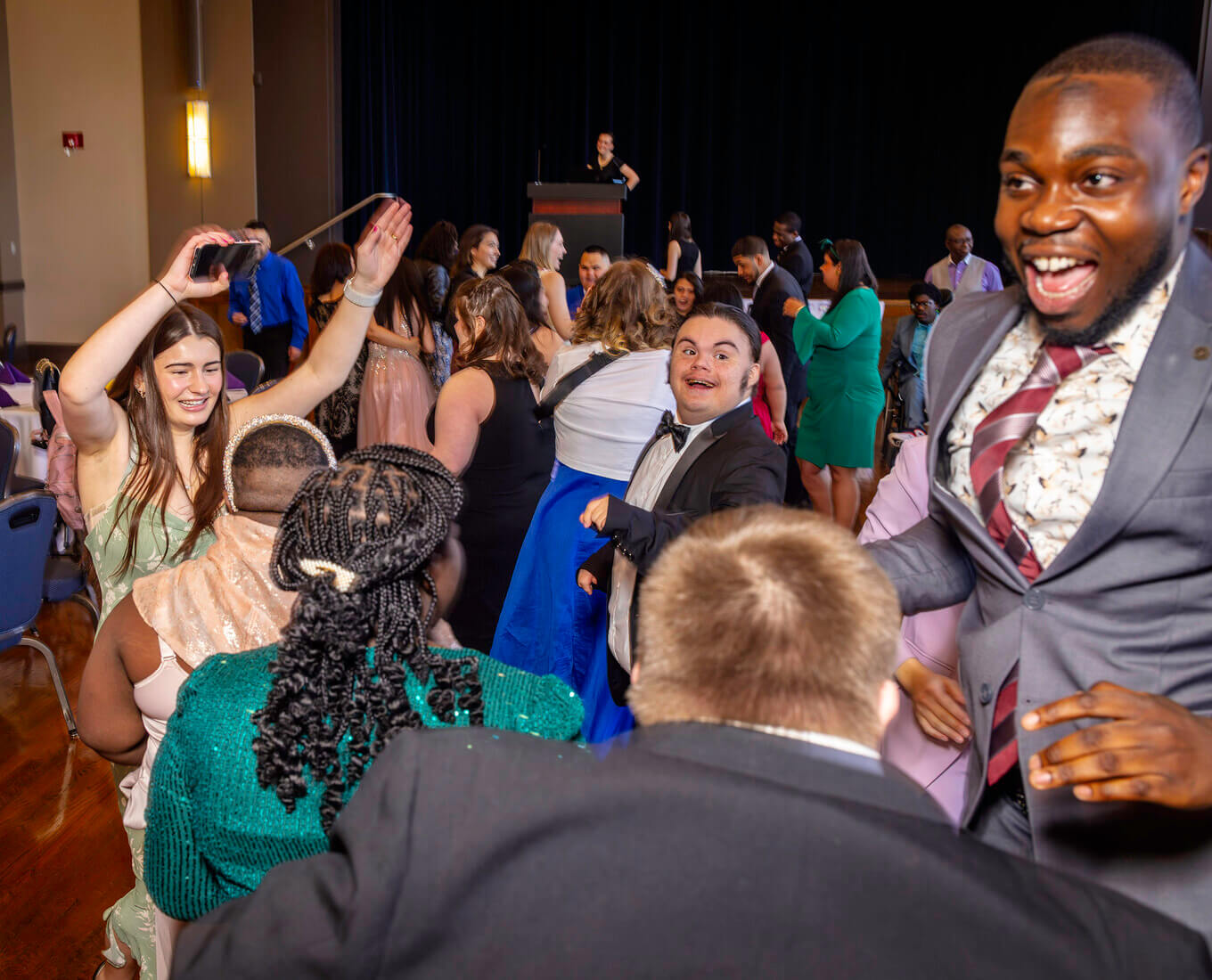WORCESTER, Mass. – Holy Cross was recently selected for inclusion in The Templeton Guide: Colleges that Encourage Character Development, a publication designed to inform students, parents and educators about programs that inspire students to lead ethical and civic-minded lives. There are 10 program categories in The Templeton Guide; 405 programs are highlighted.
The John Templeton Foundation, established in 1987, works internationally with educators to support programs that encourage character development in schools and colleges; promotes an appreciation for the benefits of freedom; and fosters research on the relationship between spirituality and health.
The three Holy Cross programs named in the publication are:
The First-Year Program (FYP) is designed to break down the barriers between classroom learning and residential life. Students who participate in the FYP program live in the same residence hall, take part in yearlong FYP seminars and attend co-curricular events, lectures and field trips. The program began at Holy Cross in 1992.
The Alcohol and Drug Education Program challenges the attitudes, behaviors and unhealthy norms that lead to abusive drinking and drug use. There are two components of this program. Students for Responsible Choices (SRCs) are trained to educate peers about alcohol and other drug issues, assist them in making informed choices and provide leadership. The Alcohol and Drug Referral Program is for students who violate school policies or are referred by a concerned faculty or staff member; it provides information about the effects of alcohol and drugs on both the individual and on others.
The Relationship Peer Education Program involves peer educators who seek to teach and encourage participants in the program to consider issues related to intimate relationships, sexual responsibility, the differences and similarities among men and women, attitudes and beliefs as they are related to sociocultural expectations, the development of healthy and unhealthy relationships, and the factors surrounding sexual assault and its prevention.
Holy Cross Named for Encouraging Character Development
Read Time
1 Minute


